The Dynamic Landscapes of Kenshi: Understanding the Role of Cities in a Sandbox World
Related Articles: The Dynamic Landscapes of Kenshi: Understanding the Role of Cities in a Sandbox World
Introduction
In this auspicious occasion, we are delighted to delve into the intriguing topic related to The Dynamic Landscapes of Kenshi: Understanding the Role of Cities in a Sandbox World. Let’s weave interesting information and offer fresh perspectives to the readers.
Table of Content
The Dynamic Landscapes of Kenshi: Understanding the Role of Cities in a Sandbox World

Kenshi, the open-world RPG known for its intricate systems and emergent gameplay, presents a world teeming with life, both human and monstrous. Within this sprawling landscape, cities serve as more than just physical locations; they are vibrant hubs of trade, culture, and conflict, playing a pivotal role in shaping the player’s experience. This article explores the multifaceted nature of Kenshi’s cities, dissecting their internal workings and highlighting their significance in the game’s narrative and gameplay.
The Foundation of Kenshi’s Cities: A Blend of Functionality and Aesthetic
Kenshi cities are not merely pre-defined settlements with static structures. They are dynamic entities, constantly evolving and responding to the actions of the player and other factions. This dynamism stems from a unique combination of factors:
- Modular Construction: Cities are built using a system of modular structures, each with its own purpose. These modules can be combined in various ways, leading to diverse city layouts and aesthetics. This modularity allows for organic growth, with new structures being added as the city prospers or destroyed during conflicts.
- Dynamic Population: Kenshi cities are populated by a diverse range of characters, each with their own personalities, motivations, and roles. These characters engage in various activities, from tending farms and crafting goods to patrolling the streets and engaging in combat. The city’s population fluctuates based on its prosperity, with more residents drawn to thriving cities and fewer remaining in struggling ones.
- Faction Influence: Each city belongs to a specific faction, which determines its political alignment, trading partners, and overall outlook. This faction influence dictates the city’s laws, its attitude towards other factions, and the types of services it offers.
The Interplay of Cities and Gameplay: A World of Opportunities and Challenges
Kenshi’s cities are not passive observers of the player’s actions; they actively influence and shape the player’s gameplay experience. This influence manifests in several ways:
- Economic Hubs: Cities serve as crucial centers of trade, offering a marketplace where players can buy and sell goods, acquire supplies, and commission services. The availability and price of goods fluctuate based on the city’s prosperity, making careful planning and resource management essential for survival.
- Recruitment Centers: Cities are prime locations for recruiting companions, each with unique skills and abilities. These companions can assist the player in combat, crafting, and exploration, significantly impacting the player’s success.
- Quest Centers: Many quests and storylines originate from cities, providing players with opportunities to earn rewards, learn about the world’s lore, and influence the political landscape. These quests often involve interacting with specific characters, completing tasks, and navigating complex social dynamics.
- Social and Political Hubs: Cities are the epicenter of social and political interactions. Players can engage in diplomacy, forge alliances, and participate in conflicts, all of which have lasting consequences for the world and the player’s reputation.
The Impact of Cities on the World: A Living, Breathing Ecosystem
The interconnectedness of Kenshi’s cities creates a dynamic and evolving world. The actions of players and other factions directly impact the state of cities, influencing their prosperity, population, and even their very existence.
- Growth and Decline: Cities can flourish under competent leadership, attracting new residents and expanding their influence. However, they can also suffer from neglect, mismanagement, or attacks, leading to decline, depopulation, and even abandonment.
- Political Shifts: The balance of power between factions can shift based on the success or failure of their respective cities. A strong city can bolster its faction’s influence, while a weakened city can lead to its faction’s decline.
- Conflict and War: Cities can become battlegrounds in conflicts between factions, leading to destruction, displacement, and the emergence of new power dynamics. The outcome of these conflicts can reshape the world map and alter the political landscape.
FAQs: Delving Deeper into Kenshi’s City Mechanics
Q: How can I influence the growth of a city?
A: You can contribute to a city’s growth by engaging in trade, completing quests, and defending it from attacks. Investing in infrastructure and establishing businesses can also boost its prosperity.
Q: Can I build my own city?
A: While you cannot directly build a city from scratch, you can establish a settlement and gradually expand it over time. These settlements can eventually become hubs of activity, attracting residents and developing into thriving outposts.
Q: What are the benefits of establishing a strong city?
A: A strong city provides a safe haven, a reliable source of income, and a base of operations. It also allows you to exert greater influence on the world, potentially leading to political power and control over vast territories.
Q: What are the risks of owning a city?
A: Owning a city comes with responsibilities. You must defend it from attacks, manage its resources, and ensure its stability. Neglecting these responsibilities can lead to its decline and even its destruction.
Tips: Navigating the Complexities of Kenshi’s Cities
- Establish a strong economic base: Invest in profitable businesses, trade valuable goods, and secure reliable supply chains.
- Recruit competent companions: Hire skilled individuals who can contribute to your city’s defense, management, and economic growth.
- Maintain a balanced population: Ensure that your city has a diverse population of skilled workers, merchants, and guards.
- Develop a strong defense: Fortify your city walls, recruit skilled soldiers, and establish a network of defenses to protect against attacks.
- Engage in diplomacy: Forge alliances with other factions, negotiate trade agreements, and participate in political negotiations to ensure your city’s stability.
Conclusion: The Enduring Significance of Cities in Kenshi
Kenshi’s cities are not mere static locations; they are living, breathing entities that play a crucial role in shaping the game’s narrative and gameplay. They provide players with opportunities for economic growth, political influence, and social interaction, while also presenting challenges that require strategic planning, resource management, and a keen understanding of the world’s complex dynamics. As players navigate the intricate web of relationships between cities and factions, they will discover that the fate of Kenshi’s world is inextricably linked to the rise and fall of its cities. The choices made by players, both within cities and throughout the world, will ultimately determine the destiny of this unique and captivating sandbox world.
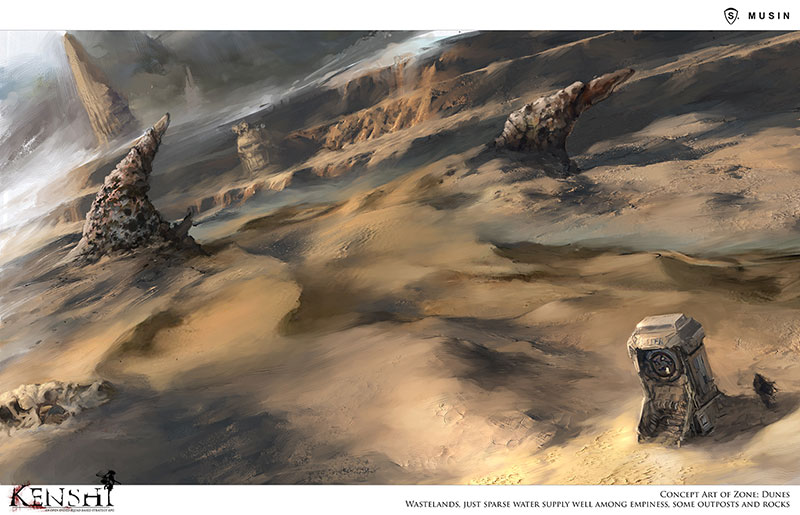
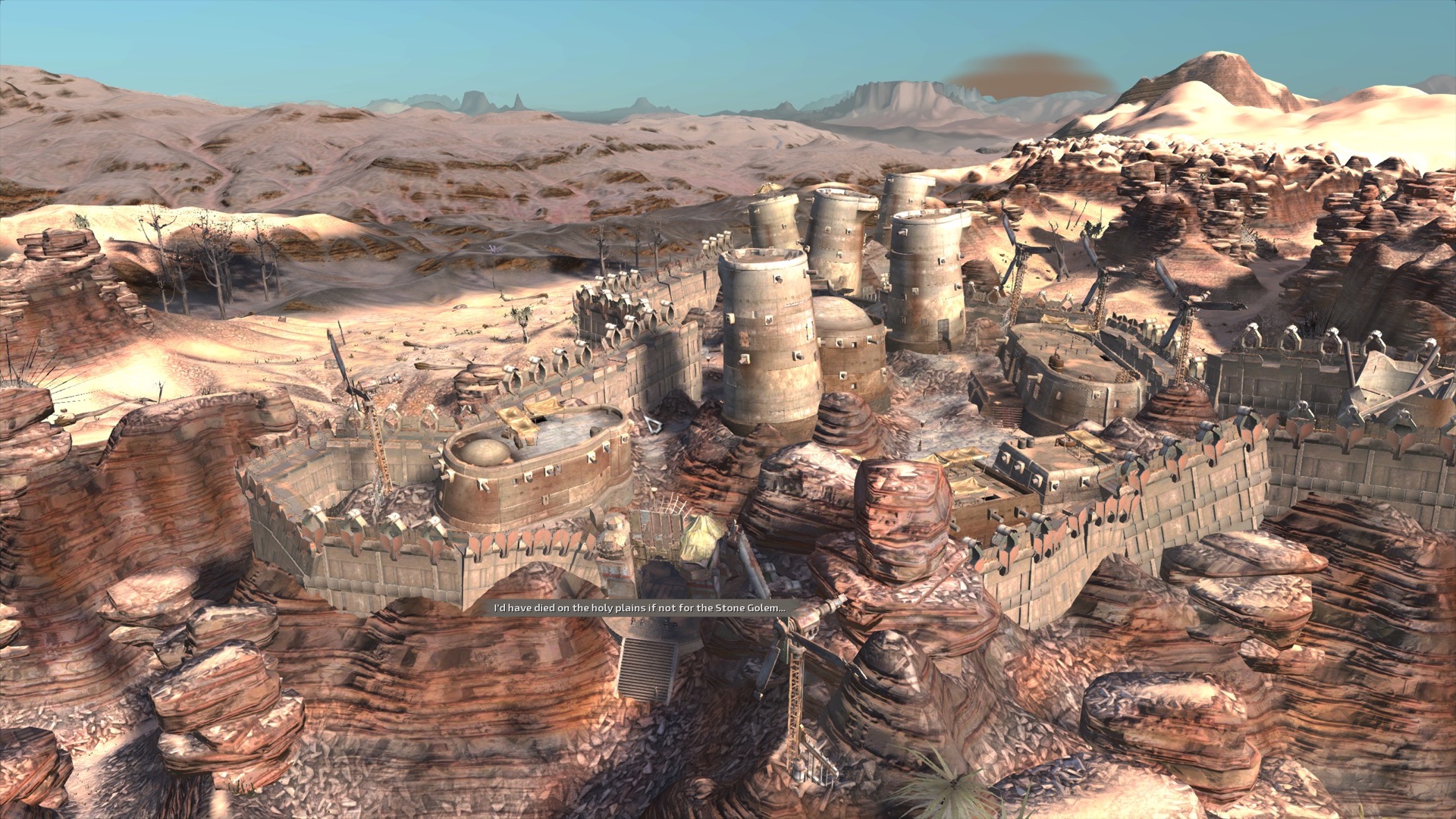

![[Top 10] Kenshi Best Base Locations (And Why They're Good) Gamers Decide](https://www.gamersdecide.com/sites/default/files/authors/u169726/kenshi-okransp-landscape.jpg)
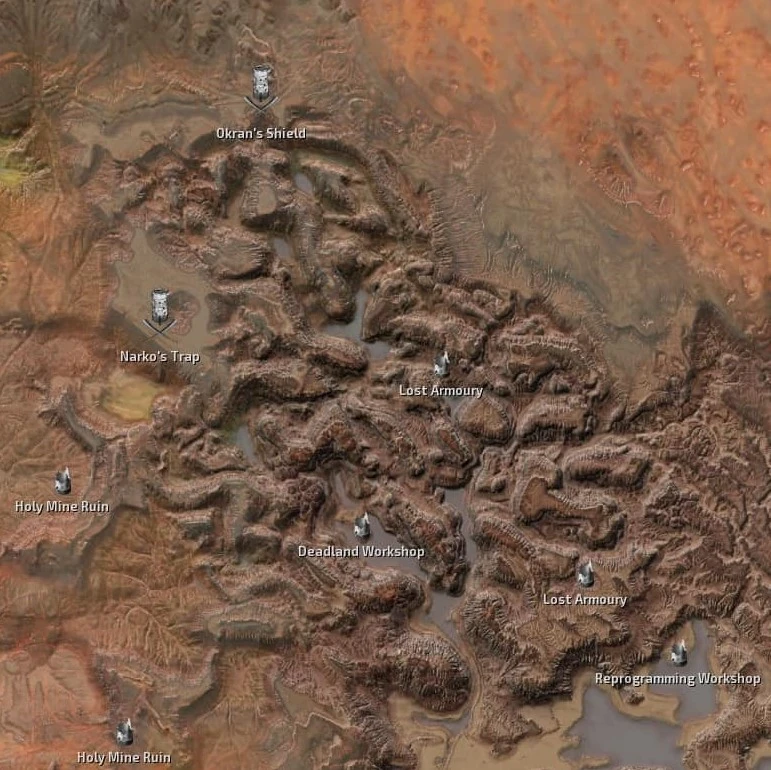
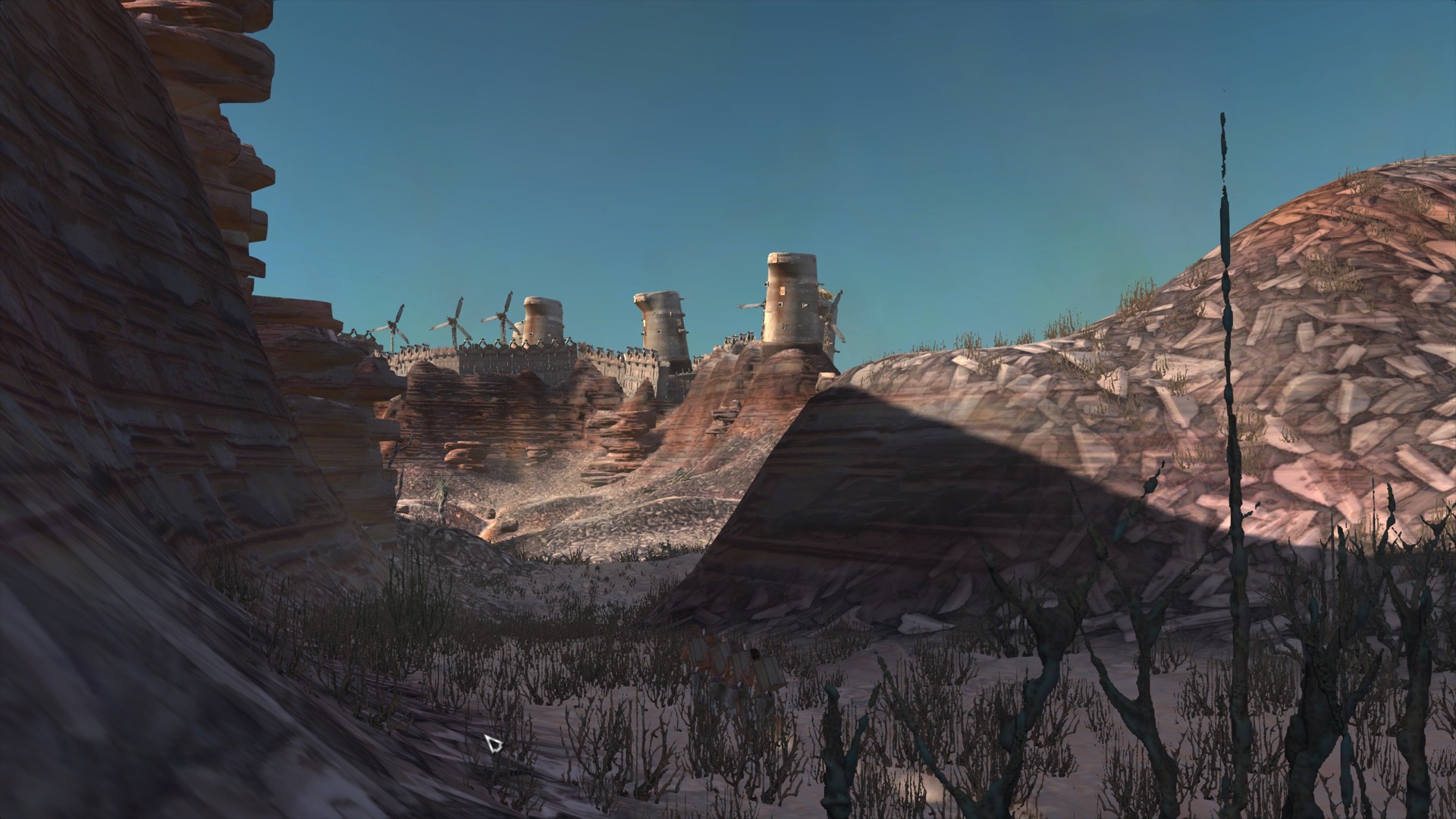
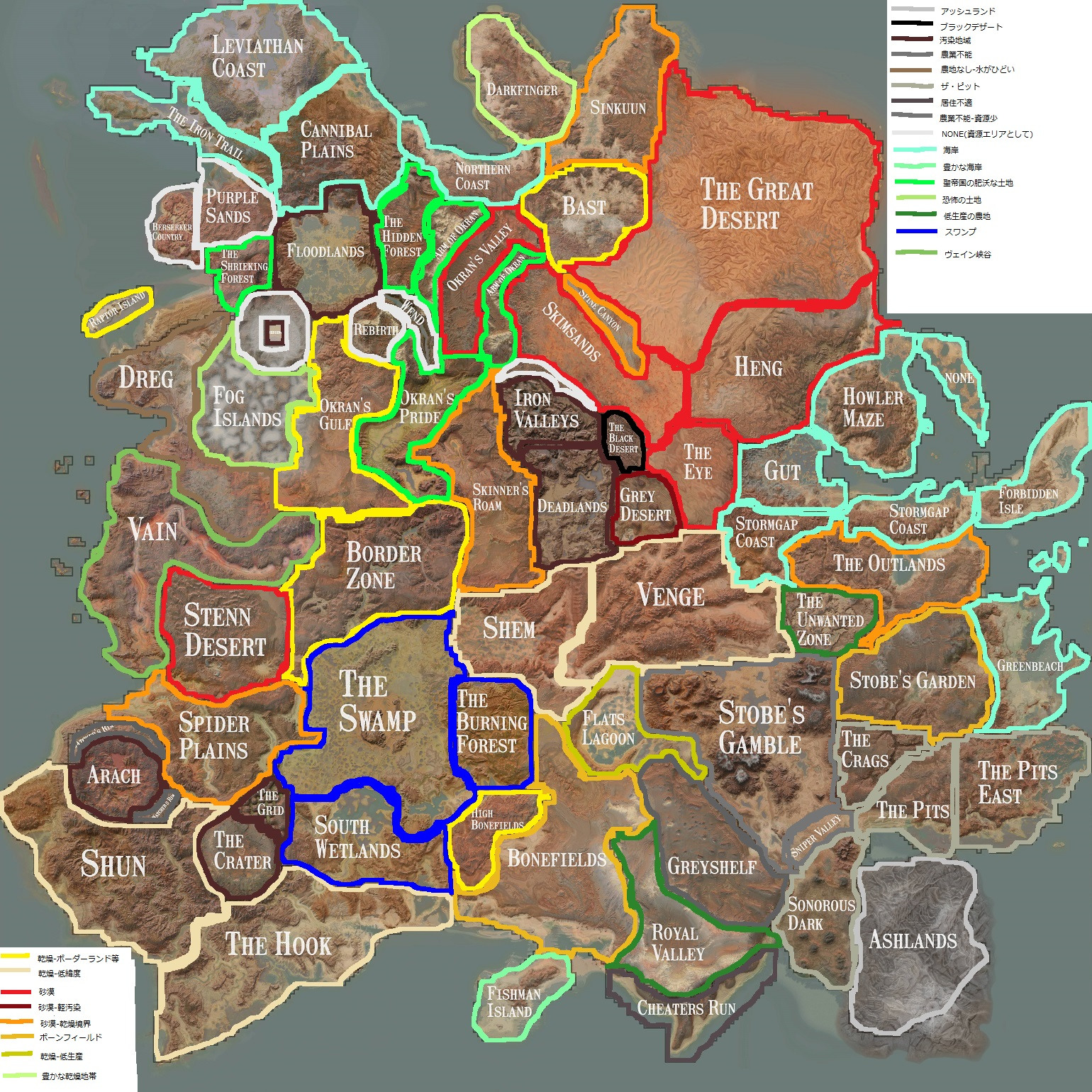
Closure
Thus, we hope this article has provided valuable insights into The Dynamic Landscapes of Kenshi: Understanding the Role of Cities in a Sandbox World. We thank you for taking the time to read this article. See you in our next article!